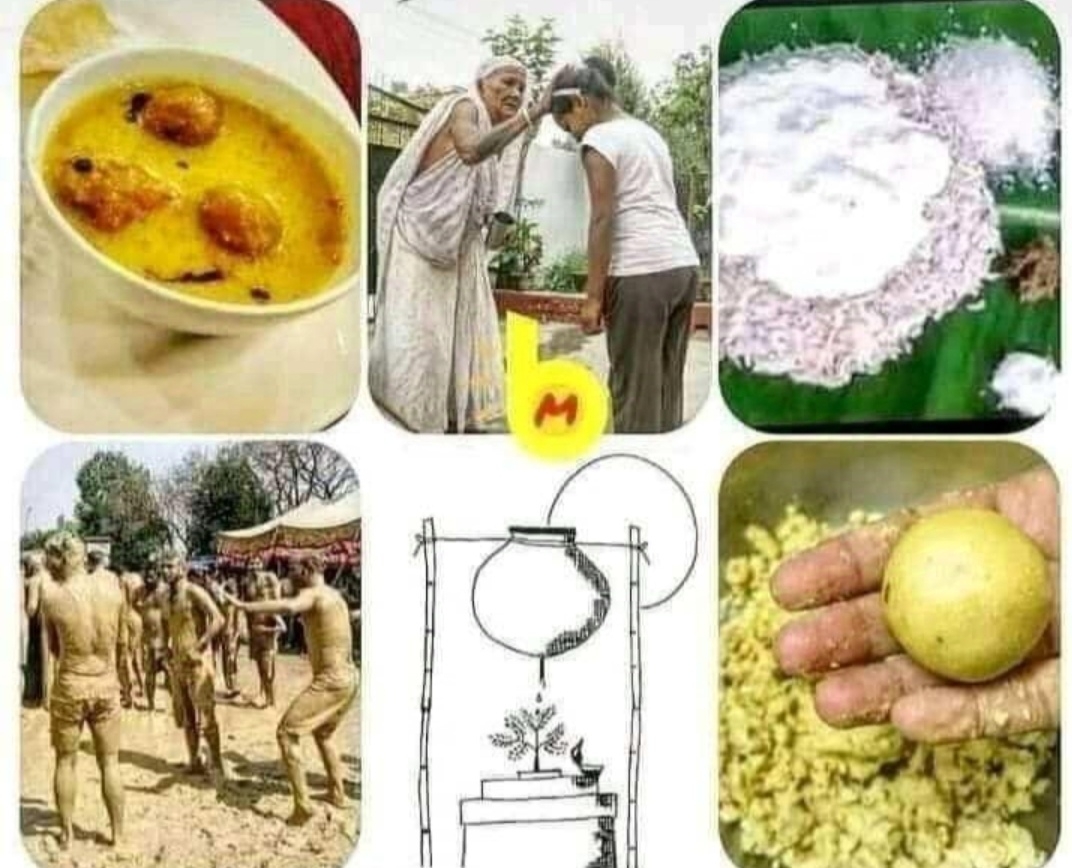George Fernandes: A Revolutionary Socialist Leader (June 3, 1930 – January 29, 2019)
George Fernandes: A Revolutionary Socialist Leader (June 3, 1930 – January 29, 2019)
Introduction
George Fernandes was one of the stalwart leaders of Indian politics who dedicated his entire life to socialism, labor rights, and nationalism. He was not only a fiery orator but also a relentless fighter who stood up against the ruling establishment. Known as a rebellious leader, Fernandes vehemently opposed the authoritarianism of the government during the Emergency and became a symbol of resistance.
Early Life and Education
George Fernandes was born on June 3, 1930, in Mangalore, Karnataka, into a Christian family. From an early age, he leaned towards socialist ideology. His childhood was full of hardships, and later, he moved to Mumbai in search of employment.
Involvement in Trade Union Movements
In Mumbai, Fernandes became active in trade union movements and began fighting for the rights of workers. He championed the causes of taxi drivers, railway employees, and industrial laborers, becoming a prominent leader of the working class.
Entry into Politics and Struggles
In 1967, George Fernandes entered Parliament by defeating the senior Congress leader S.K. Patil in Mumbai—a victory that established him as a powerful socialist leader on the national stage.
In 1974, he led a nationwide strike of railway workers, one of the largest labor movements in independent India. The government cracked down harshly on the strike, but Fernandes stood firm in support of the workers.
The Emergency and George Fernandes
When Prime Minister Indira Gandhi declared a state of Emergency in 1975, George Fernandes emerged as a symbol of rebellion. He went underground to evade arrest, becoming one of the most wanted leaders by the government. Eventually, he was arrested and made the chief accused in the famous "Baroda Dynamite Case." Despite being in jail, he contested the 1977 Lok Sabha elections and won with a resounding mandate.
Role as a Union Minister
After the formation of the Janata Party government in 1977, Fernandes was appointed as the Minister for Industries. During his tenure, he took a bold stand by ordering multinational corporations like Coca-Cola and IBM to leave India due to their non-compliance with Indian laws.
He later served as the Defence Minister and played a crucial role during the 1999 Kargil War. Fernandes undertook several reforms to strengthen the Indian Army. Although his term as Defence Minister was not without controversies, he retained a reputation as a fearless and honest leader.
Final Years and Legacy
In the final years of his political life, George Fernandes suffered from deteriorating health and was diagnosed with Alzheimer’s and Parkinson’s diseases. He passed away on January 29, 2019, marking the end of an era in Indian politics.
George Fernandes is remembered as a leader who became the voice of the people. A warrior against authoritarianism, his life remains a testament to struggle, sacrifice, and integrity. His contributions to Indian politics and society are indelible and will be remembered for generations.
"His life was not just about politics—it was about standing up for what is right, no matter the cost."




टिप्पणियाँ
एक टिप्पणी भेजें